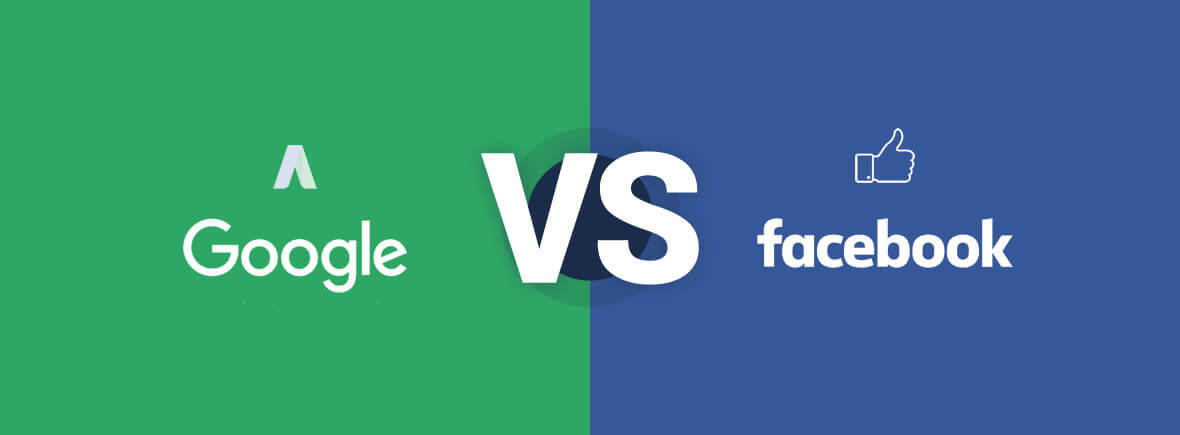
Over the past couple of years, Facebook has matured from a social media sharing website to a robust source of high quality, converting traffic for advertisers. In the meantime, Google AdWords has been the leading digital advertising tool for over a decade. So, the question every business owner should try to answer, “is which platform should I advertise on?”.
Here at Ascensor, we are going to help you decide whether you should go with the new kid on the block, or whether there is life in the old dog yet.
Cost Effective
If cost is important to you, then Facebook Advertising is considerably more affordable when you consider the Return on Investment (ROI) compared to Google AdWords. If you are a small business and building brand awareness is your main priority then this might be the best option for you. Most campaigns can run on £1.00 a day, although, it will vary depending on your scope, messaging and objectives.
Google Ads on average are more expensive due to the high competition- especially the financial and service sectors. The average cost-per-click in AdWords is between £1 and £2 on the search network, and on the display network, tends the average is under £1. Success is usually not instantaneous and generating sales might take 1-2 months of optimisation first.
Ability to Reach People
Both Facebook and Google are excellent advertising platforms because of their immense ability to reach people. Facebook has almost 2 Billion active users, whereas Google generates a total of more than 1.2 trillion web searches annually. Therefore, no matter which one you choose to run your ads you would not be making a bad decision when it comes to reach.
Exposure and Engagement
Over the last couple of years, video has become the number one way to engage with a digital audience. And, Google owns the number one video sharing platform - YouTube. Using Google AdWords, you can take advantage of the high dwell times on the platform by creating adverts that run before videos.
Facebook also offers a cost-effective video solution to boosting the visibility of the great video content you have created. This is because of their auto-play feature, automatically starts you promoted video content in a user’s newsfeed, increasing the likelihood of it being watched.
Retargeting
To put it simply, the more your advertising messages are exposed to your audience, the better the chance is that they would buy from you when they are in need. Google’s and Facebook’s remarketing feature, allows you to display your ads to people who have already visited your website. Which one should you choose? Again, there are two main differences. Firstly, because Facebook users might not be actively searching for your products this drives down costs significantly. Secondly, Google is designed in such a way that their audiences are certainly looking for what you have to offer. You will most likely spend more for Google remarketing, but you will most likely generate more sales and revenue compared to Facebook.
In summary, both Facebook and Google can offer solutions that can cater to every type of business. Rather than viewing them as enemies, an effective marketing strategy would be to harness the strengths of both paid search and paid social.
Arguably, advertising messaging should remain consistent on all media channels but you should consider whether consumer behaviours are the same for your business when people are using Facebook, or Google and YouTube.
If you are still struggling with how and where to spend your advertising budget, we may be able to help you with your marketing strategy, so get in touch.